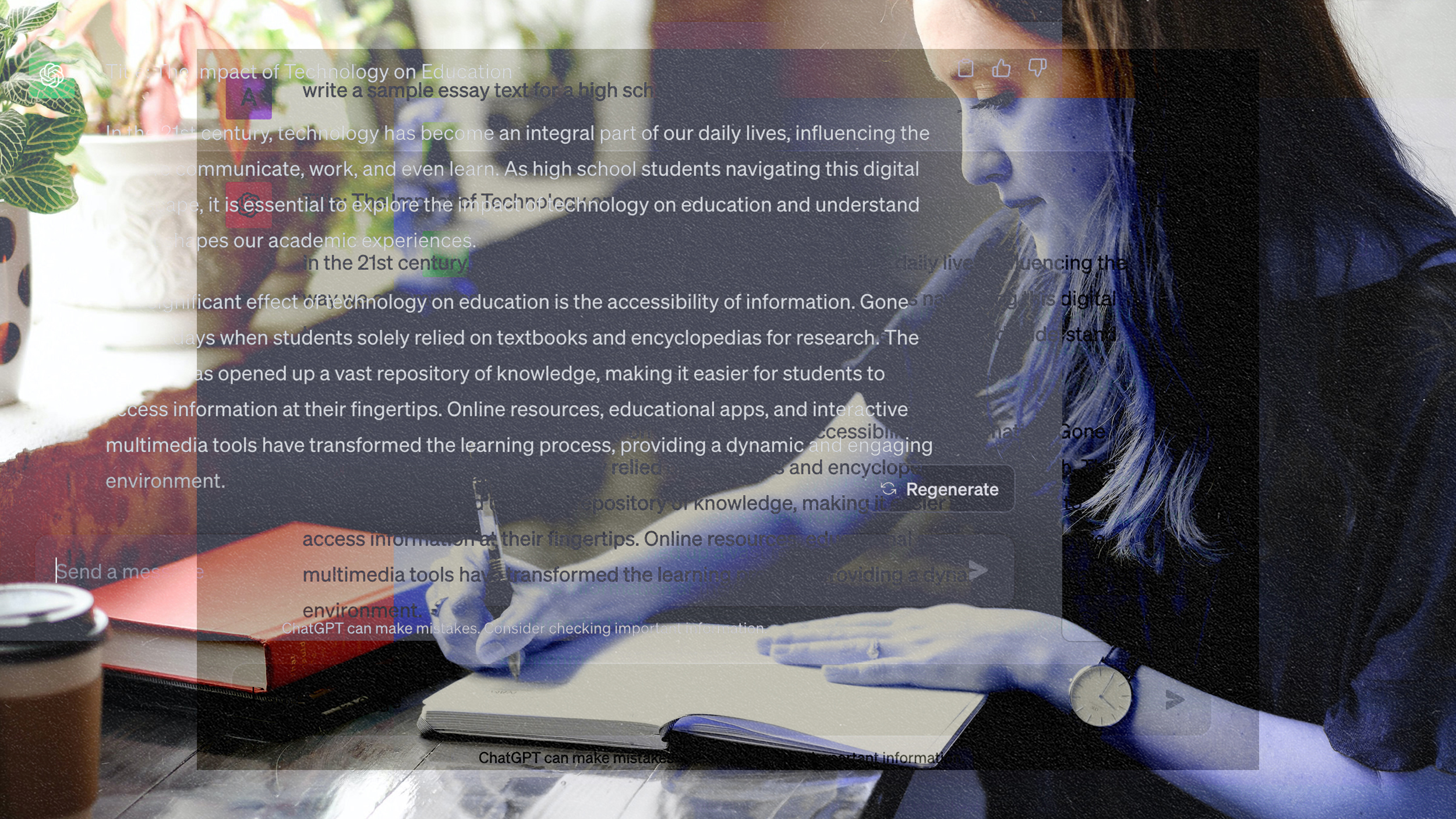Skills that will be necessary to find a job post-COVID-19

The reality faced by 2020 graduates is stark. As CNN reports, seniors began their school year in boom times with national unemployment at an incredibly low 3.7 percent. Then mere months before graduation, the boom went to bust.
Coronavirus drove the economy to a standstill. Businesses shuttered their doors. Unemployment rose to 14.7 percent, the worst since the Great Depression. That’s before the market receives an influx of job seekers leaving high school and college later this month.
It remains too early for long-term predictions, but based on current trends, graduates will need to begin building career resilience before they have careers to fortify. And a good place to start would be soft skills.

Today’s graduates face the worst job market since the Great Depression, one new influx of job seekers will further burden.(Photo: Tim Gouw/Pexels)
Writing as a guest contributor for CNBC, Emily Poague, vice president of marketing for LinkedIn Learning, believes today’s graduates and job seekers have the opportunity to hope. Yes, the job market is difficult. Yes, 2020’s graduating class is one of history’s largest. But, Poague notes, LinkedIn data shows there are currently 1.5 million entry-level jobs available in the United States. Today’s seekers also have unprecedented access to programs that teach new and relevant job skills.
“What’s more, there are certain skills in demand across all industries that can help grads stand out from the crowd, start their careers on the right foot and position themselves for advancement as the economy recovers,” Poague writes. “Having the right skills can make all the difference, even in difficult times.”
Citing LinkedIn’s annual “Grad’s Guide to Getting Hired” report, Poague argues soft skills to be the most in-demand qualifications requested in job postings.
Soft skills are those built from personal attributes—think teamwork and conflict resolution. That’s opposed to hard skills, which focus on knowledge and abilities such as data mining or bookkeeping. Because hard skills must be taught—people aren’t born natural data miners—they’re often the focus of our schooling.

A graph showing U.S. unemployment skyrocket in April 2020 among the economic shutdown.(Photo: The Bureau of Labor Statistics)
But soft skills aren’t entirely innate. We often foster them through experience, but they can also be taught, or at least developed and strengthened, through learning. Here are the soft skills Poague believes every graduate should have in their post-COVID-19 career toolkits, alongside a summary of her reasons why.
Customer service. Excellent customer service will aid companies in weathering the coronavirus economy and rebuilding afterward. As such, companies are hiring employees who can provide that experience, both on- and offline.
Leadership. We tend to think of leadership as an executive competence, but as Poague reminds us, everyone must make difficult decisions. A job seeker’s ability to “project clarity, credibility, and self-confidence” can help them navigate those decisions.
Communication. Communication skills have always been career critical, but with the embrace of remote work, job seekers will need to prove they can communicate effectively under unique circumstances.
Problem-solving. Alongside analysis and critical thinking, this soft skill aids graduates in short-circuiting their biases. Employers value the skill as it signals which employees can derive informed conclusions from the glut of information in our ever-connected workplaces.
Operations and project management. Much like novel coronavirus, the complexities brought by the pandemic won’t disappear. Job seekers who can show they have a grasp of concepts like scrum and Six Sigma will have an advantage.
Marketing. COVID-19 “dramatically altered how customers view and interact with the products and services they use.” Whether a brand had staying power will largely be determined by how they connected with customers. Job seekers who can form such connections will be prioritized.
What skills will set you apart in the age of automation?
Poague is not alone in her valuation. Even before novel coronavirus, many experts and think tanks argued job seekers should prioritize soft skills to prepare for future job markets.
LinkedIn’s “2020 Workplace Learning Report” surfaced data from more than 660 million professionals and 20 million jobs. Its findings showed soft skills to be “foundational” and ones “every professional should be working to build.”
In a report on the future of jobs, the Pew Research Center canvased the opinions of more than 1,000 experts. A majority suggested that future workers should learn to “deeply cultivate and exploit” those skills that cannot easily be replicated by machines or artificial intelligence.
As Simon Gottschalk, a sociology professor at the University of Nevada, Las Vegas, told the Pew Research Center: “The skills necessary at the higher echelons will include especially the ability to efficiently network, manage public relations, display intercultural sensitivity, marketing, and generally what author Dan Goleman would call ‘social’ and ’emotional’ intelligence. [This also includes] creativity, and just enough critical thinking to move outside the box.”
Finally, the World Economic Forum’s “Future of Jobs Report 2018” found that such attributes would retain or increase in value by 2022. Of the top 10 growing skills, eight were soft skills such as leadership, creativity, critical thinking, and emotional intelligence. The only two hard skills in the category were “technology design and programming” and “systems analysis and evaluation.”
The consensus between all these reports points to a silver lining: If today’s graduates and job seekers make growth and lifelong learning a foundation of their careers, they can better support their careers in tomorrow’ job market.





